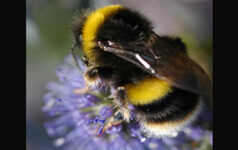Running one of the world’s largest telescopes
Ever wondered what - and who - lies behind the beautiful and fascinating astronomical photographs and observations made with modern telescopes? Douglas Pierce-Price from ESO, the European Organisation for Astronomical Research in the Southern Hemisphere, describes a day in the life of the Very…























